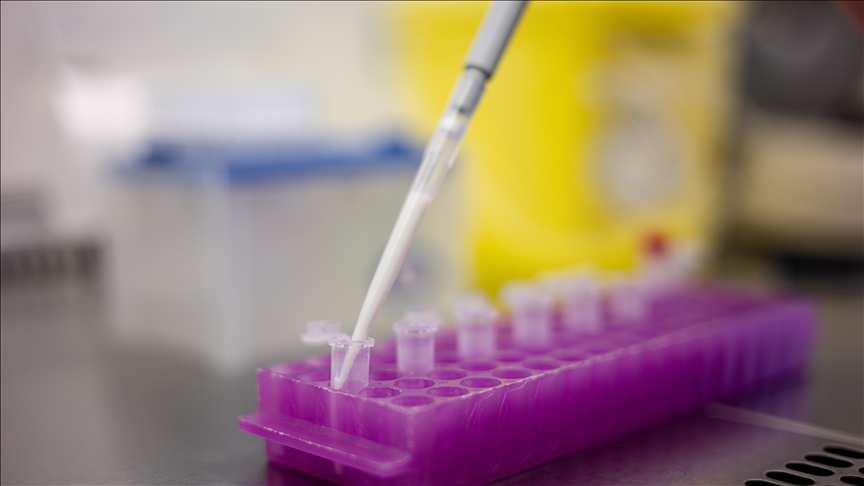COVID-19, mRNA vaccines may help cancer treatments work better: Study
Immune-boosting effects of coronavirus jabs could make tumors more responsive to therapy, say researchers

LONDON
A new study published in Nature suggests that the coronavirus and mRNA vaccines, originally designed to protect against SARS-CoV-2, could help make certain cancer treatments more effective.
Researchers found that the immune response triggered by the vaccines may “sensitize” tumors to immune checkpoint inhibitors (ICIs), a drug that helps the immune system attack cancer cells.
ICIs have transformed treatment for some cancers, including melanoma and lung cancer, but they do not work for everyone.
Many patients’ tumors are described as “immunologically cold,” meaning they lack enough immune activity for the drugs to be effective.
The team behind the new study discovered that SARS-CoV-2 mRNA vaccines can change that.
“mRNA vaccines targeting SARS-CoV-2 also sensitize tumors to ICIs,” the authors wrote.
In experiments with mice, the vaccines triggered a powerful wave of type I interferon, a molecule that boosts the immune system’s ability to recognize and attack abnormal cells. That in turn helped activate CD8+ T cells, key immune cells that can destroy cancer cells.
Researchers also found that when the mRNA vaccine was combined with ICI treatment, tumor growth slowed significantly, particularly in “immunologically cold” cancers that normally resist immunotherapy.
The findings could have major implications for cancer care. Until now, doctors have had few tools to make immunotherapy work in patients whose tumors do not naturally attract immune cells.
Although the research is still early and more studies are needed to confirm the effect in clinical trials, experts have said it opens up intriguing new possibilities.
In essence, a vaccine designed to fight a virus may also help the body fight cancer.


